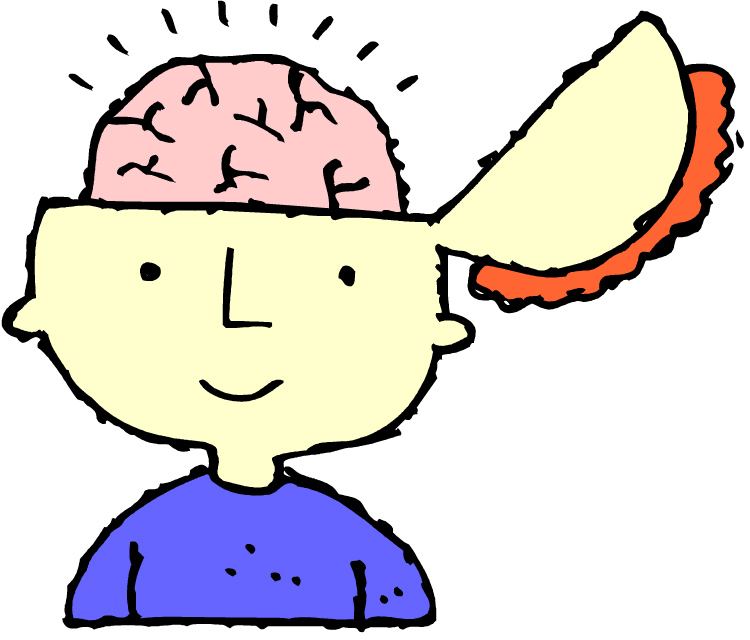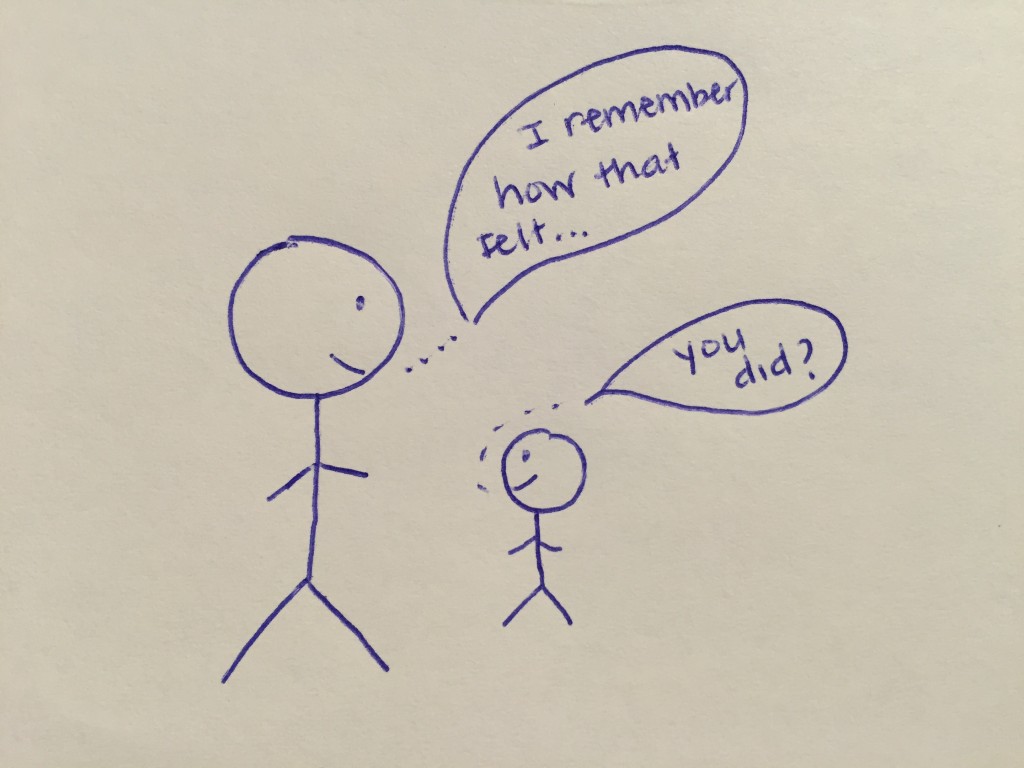Science and technology in the 21st century is advanced and amazing. We can access just about anything right at our finger tips. Obviously, there are several advantages in having advanced technology in North America, however there are always disadvantages. The disadvantages surround our younger population. Specifically, our children and youth. They are exposed to iphones, video games, and ipads etc. at a young age without any idea of what that may do to their developing brains.
It is very common and apart of our culture to allow our children to freely use these devices, however, when done in excess it can be disruptive. Creating structure, safety, and boundaries with the use of technology is always important. That means, set a time limit and always be in front of your child while they are playing/ interacting. Your child may resist if these are new rules but in time, they will be happy you did.
The article below provides information and details on ways you can create structure with your children and their technology use.
(photo taken by Cliparts.co)









